America seems to be facing its darkest timeline yet. The one man poised as the chief barrier against what some fear could be an authoritarian redux under Donald Trump has just thrown in the towel. Joe Biden, who is 81 years old, will not seek re-election in 2024.
“It has been the greatest honor of my life to serve as your President. And while it has been my intention to seek reelection, I believe it is in the best interest of my party and the country for me to stand down and to focus solely on fulfilling my duties as President for the remainder of my term.”
This isn’t the first time a sitting U.S. president has decided to duck out of the electoral fray. Flashback to March 1968, when Lyndon B. Johnson, besieged by escalating protests against the Vietnam War and sinking approval ratings, announced he wouldn’t run for a second term. LBJ’s presidency was marred by domestic strife and mounting casualties in Vietnam, leading to a fractured Democratic Party and his eventual step-down. Fast forward to today, and while the specifics may differ, the echoes of a presidency under siege are unmistakable.
Biden’s poor performance in the recent debate against his Republican challenger, Donald Trump, has undoubtedly played a role in his decision to step aside. Throughout the debate, Biden seemed to struggle to maintain his energy and focus, at times appearing to resist the urge to doze off mid-sentence. Trump, on the other hand, didn’t fare much better, aside from boasting about his superior golf skills – a claim that left many scratching their heads in bewilderment. It’s hard to imagine a world where golfing prowess is a determining factor in one’s ability to lead a nation, but here we are.
The pressure cooker had been whistling for a while now, with calls for Biden from within his own party to step aside growing louder and more star-studded by the day. Even many high-profile celebrities, including George Clooney, Rob Reiner, Stephen King, and Michael Douglas, have publicly called for the president to quit running for a second term.
Biden’s recent announcement might have come as a shock but not entirely unexpected. He had previously hinted at the possibility of reconsidering his candidacy if faced with a medical condition. During a BET interview that aired during the Republican National Convention, the president cryptically stated that he might reevaluate his decision to stay in the race “if [he] had some medical condition that emerged”
Lo and behold, shortly after this statement, Biden tested COVID-19 positive for a third time, forcing him to cancel a scheduled appearance in Las Vegas and retreat to his Delaware home.
The Democrats now face the Herculean task of finding a new champion to rally behind
Biden’s unexpected decision to drop out of the 2024 presidential race has thrown the Democratic Party into a state of high-stakes turmoil. With the primaries already concluded, the party faces a unique and daunting challenge: Selecting a replacement candidate without the direct input of Democratic voters, a process usually determined much earlier in the election cycle.
State and local party delegates, chosen during the primaries, are now thrust into the spotlight. They hold the responsibility of deciding who will lead the party in the presidential race. This decision is pivotal and must be made either at the upcoming Democratic National Convention in Chicago or possibly earlier through emergency meetings. The convention, kicking off on August 19, is already under pressure, given the complexities of organizing a virtual roll call between August 1 to 7. This roll call, initially intended to finalize the nominee to meet Ohio’s ballot certification deadline, now carries the additional burden of selecting a new candidate entirely.
Not only must they quickly consolidate support from delegates and party officials who had aligned with Biden, but they must also rally donors and influential party allies. Furthermore, they need to establish their own credibility and articulate a compelling vision that resonates with the electorate — all at breakneck speed.
Vice President Kamala Harris emerges as a natural frontrunner, especially with Biden’s endorsement. However, her candidacy is not without controversy as some party leaders and activists call for an open nomination process to ensure a democratic selection that reflects the party’s diverse base and priorities.
Beyond Harris, several Democratic leaders like Gretchen Whitmer of Michigan, Gavin Newsom of California, J.B. Pritzker of Illinois, and Wes Moore of Maryland are all prominent figures with strong leadership records. It now depends on the Democrats to take this decision with both speed and efficiency.

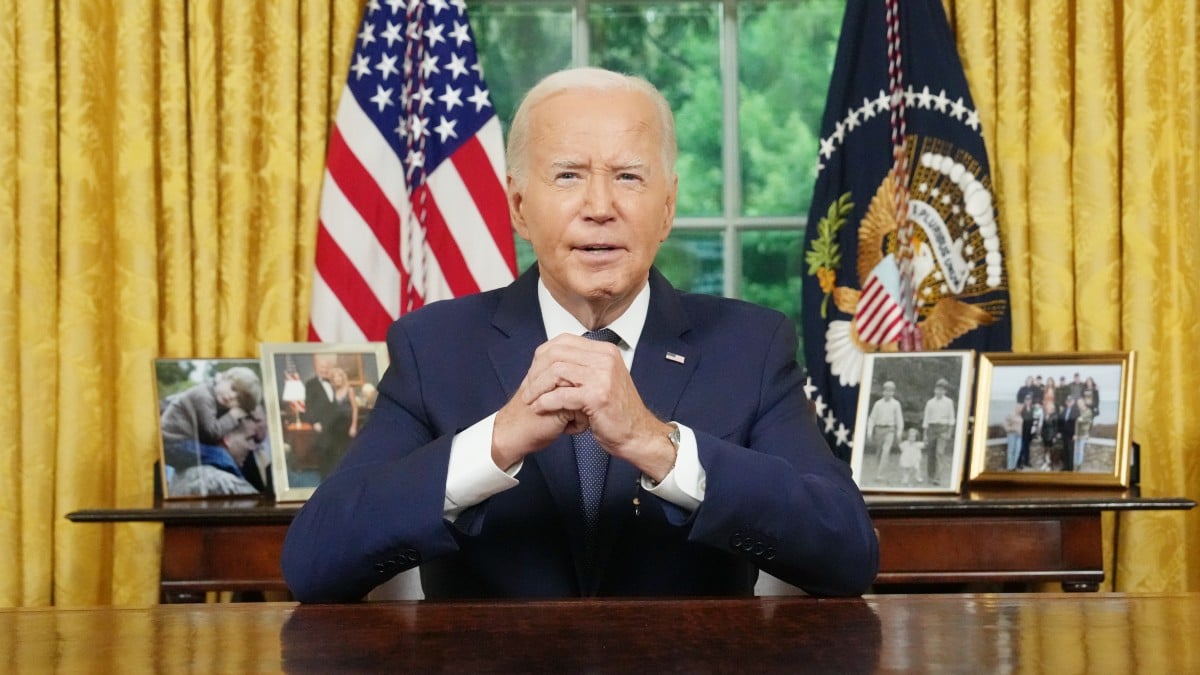
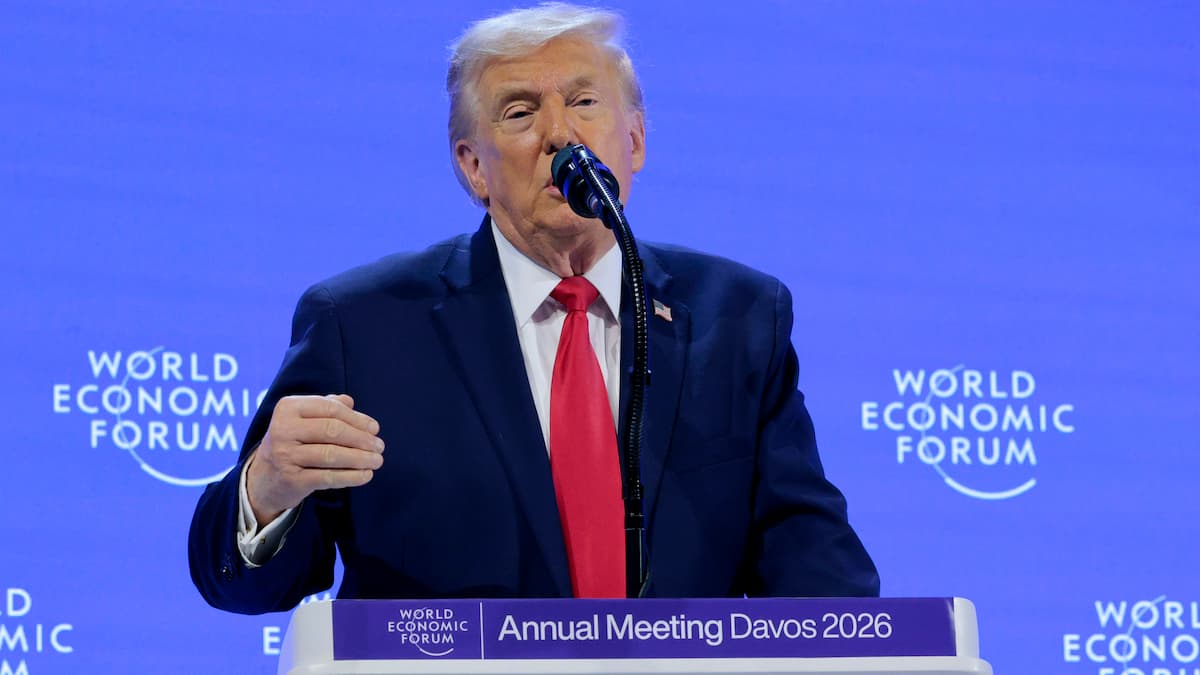
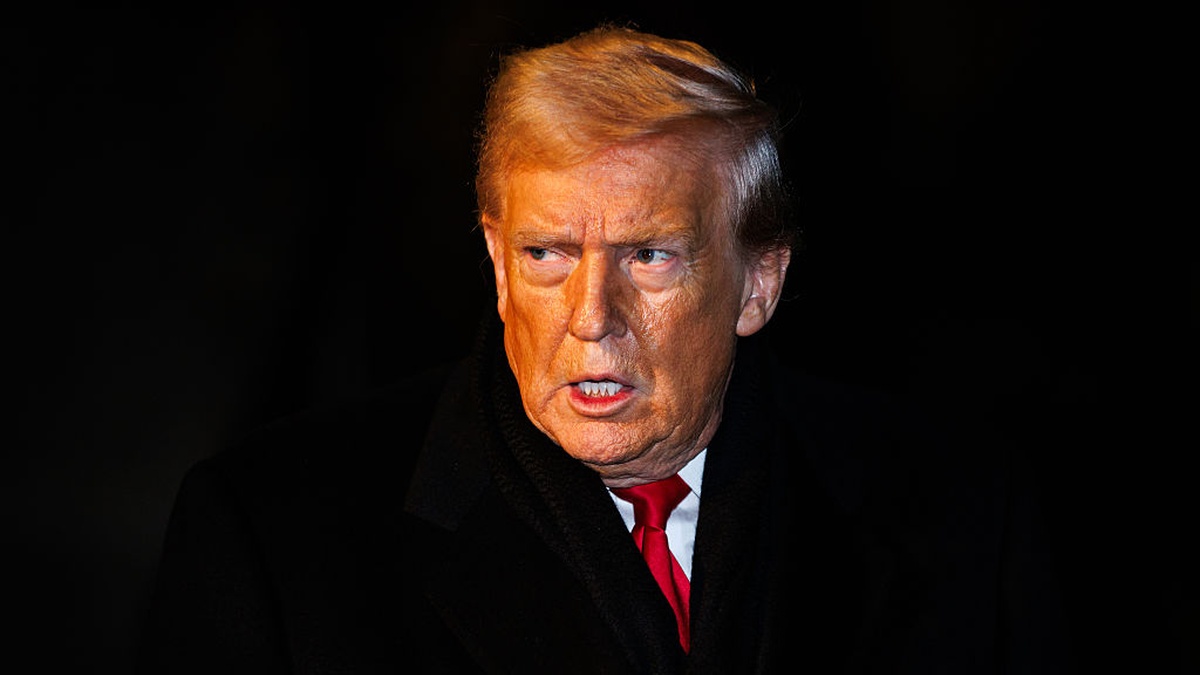
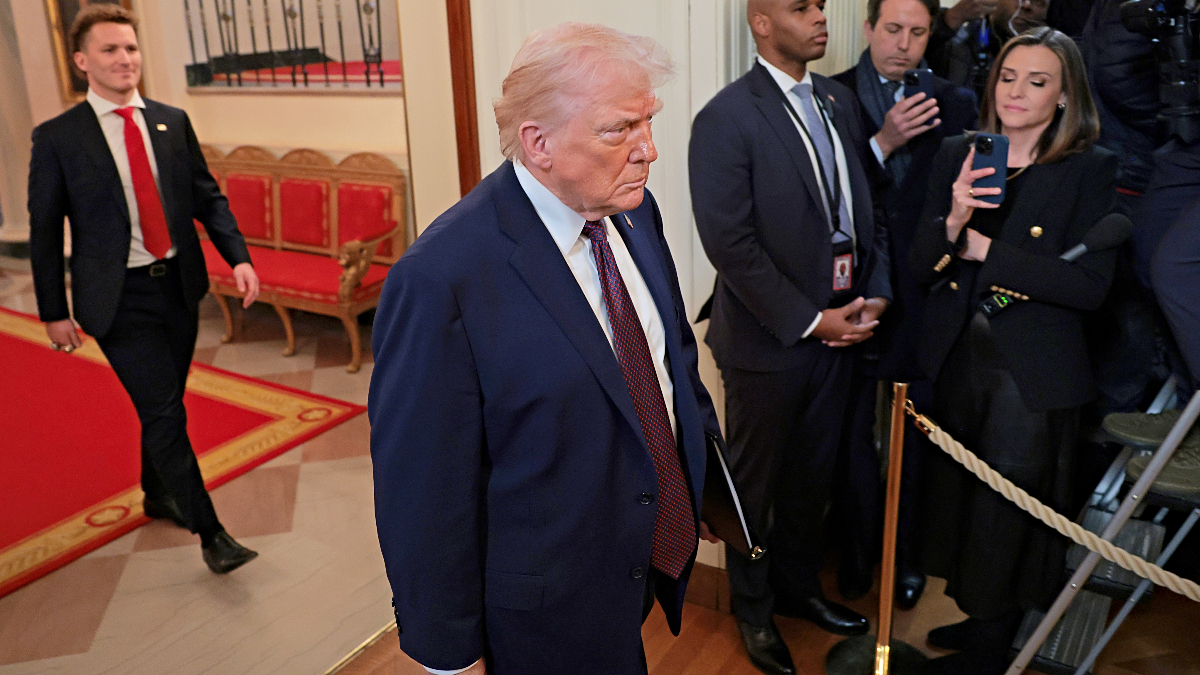
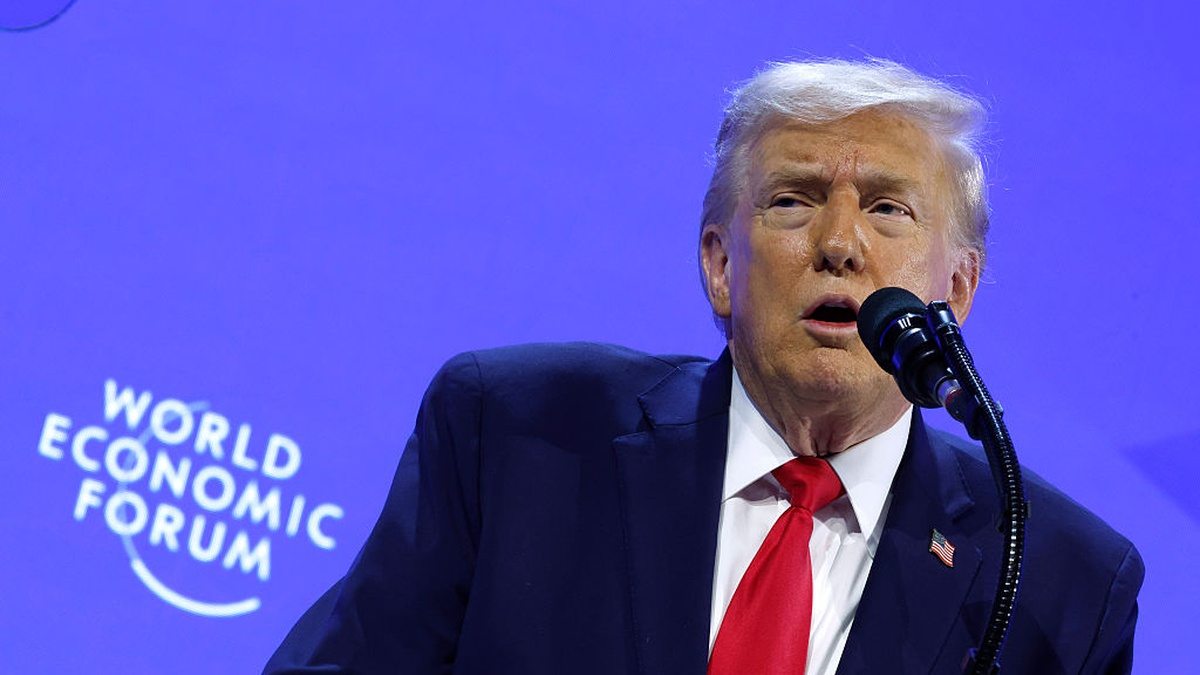
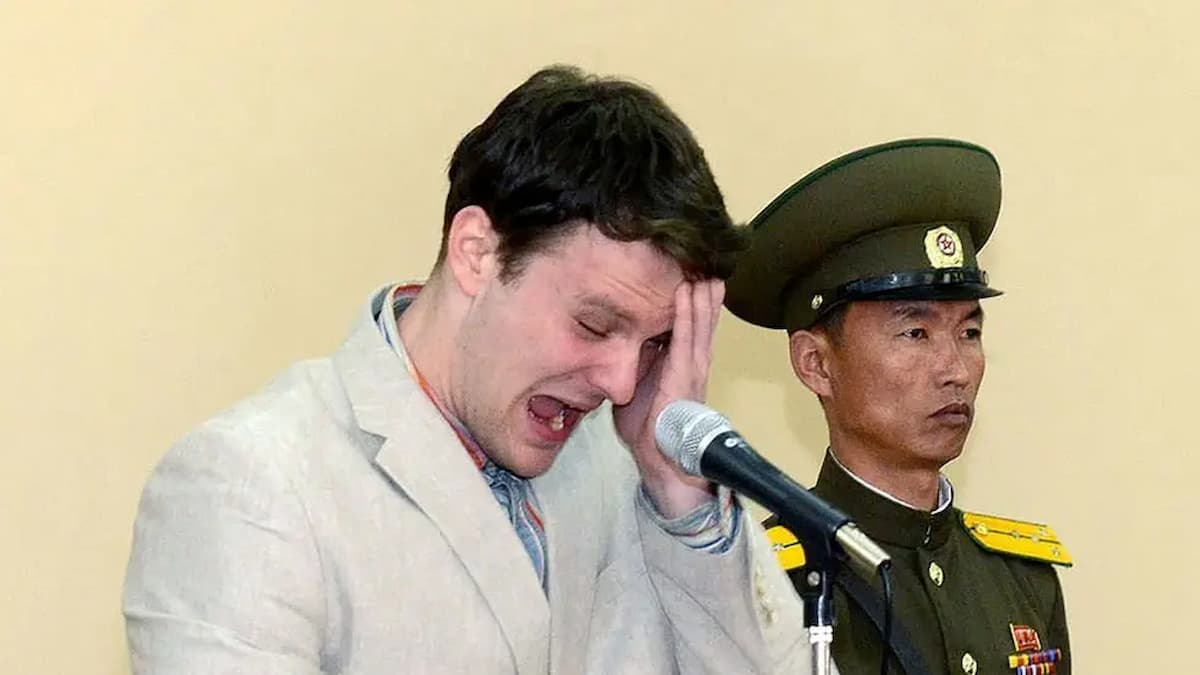

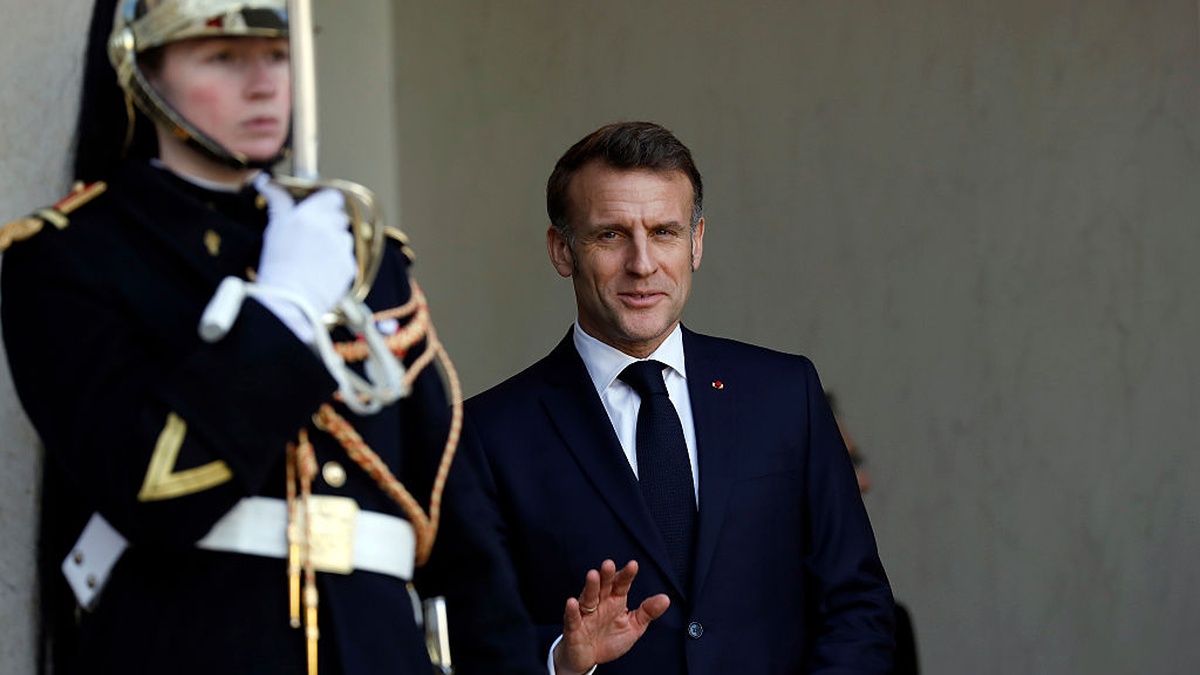
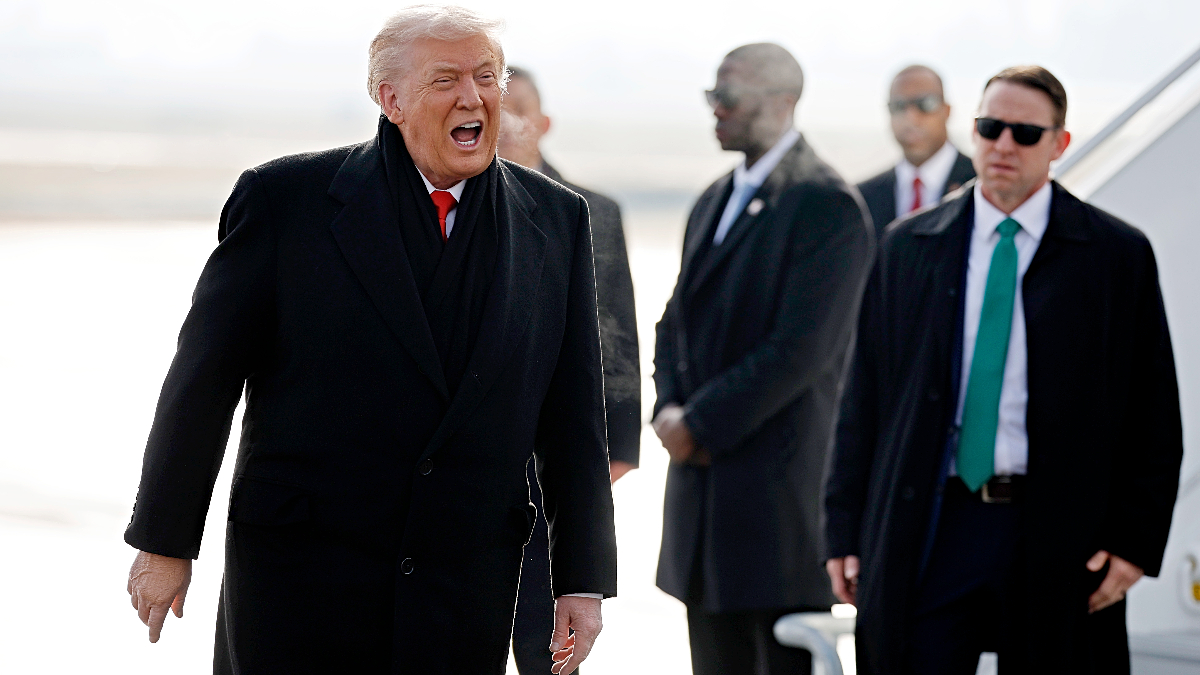

Published: Jul 21, 2024 02:39 pm